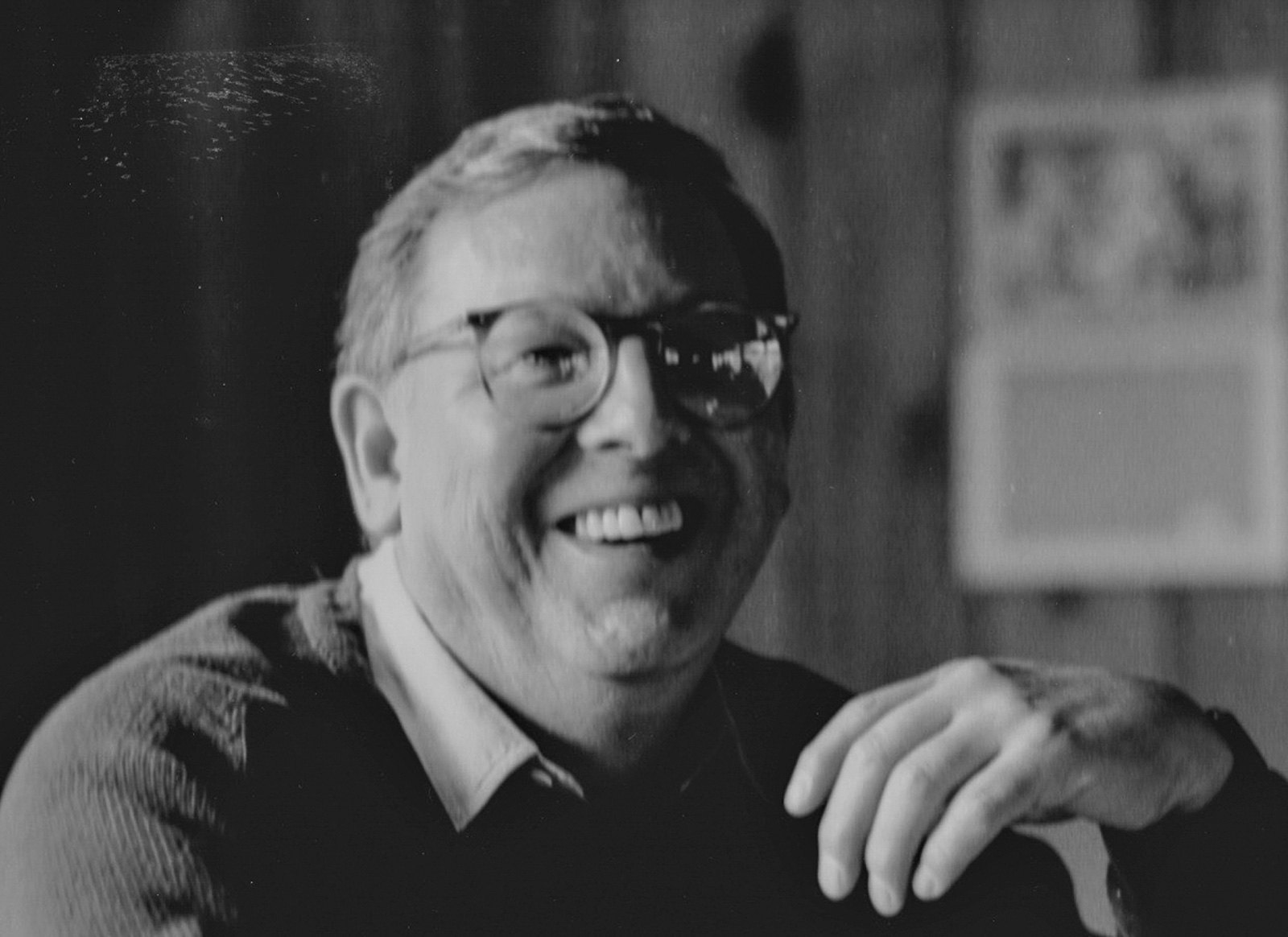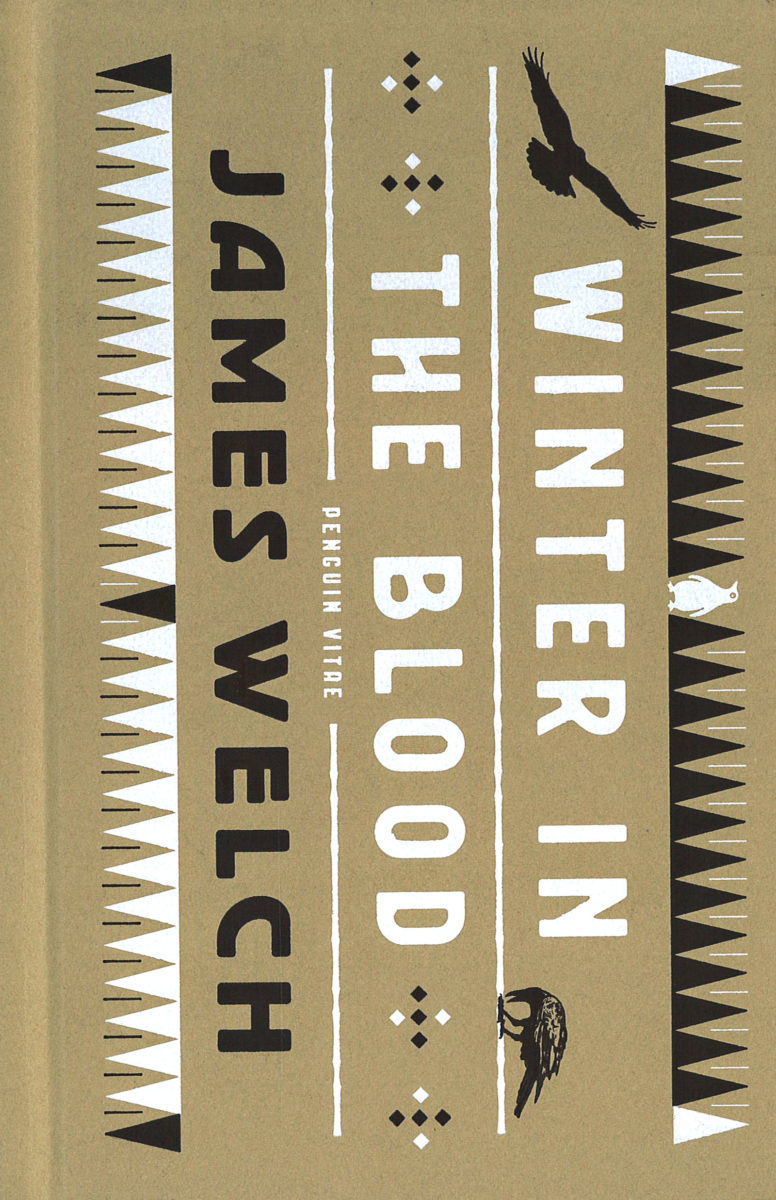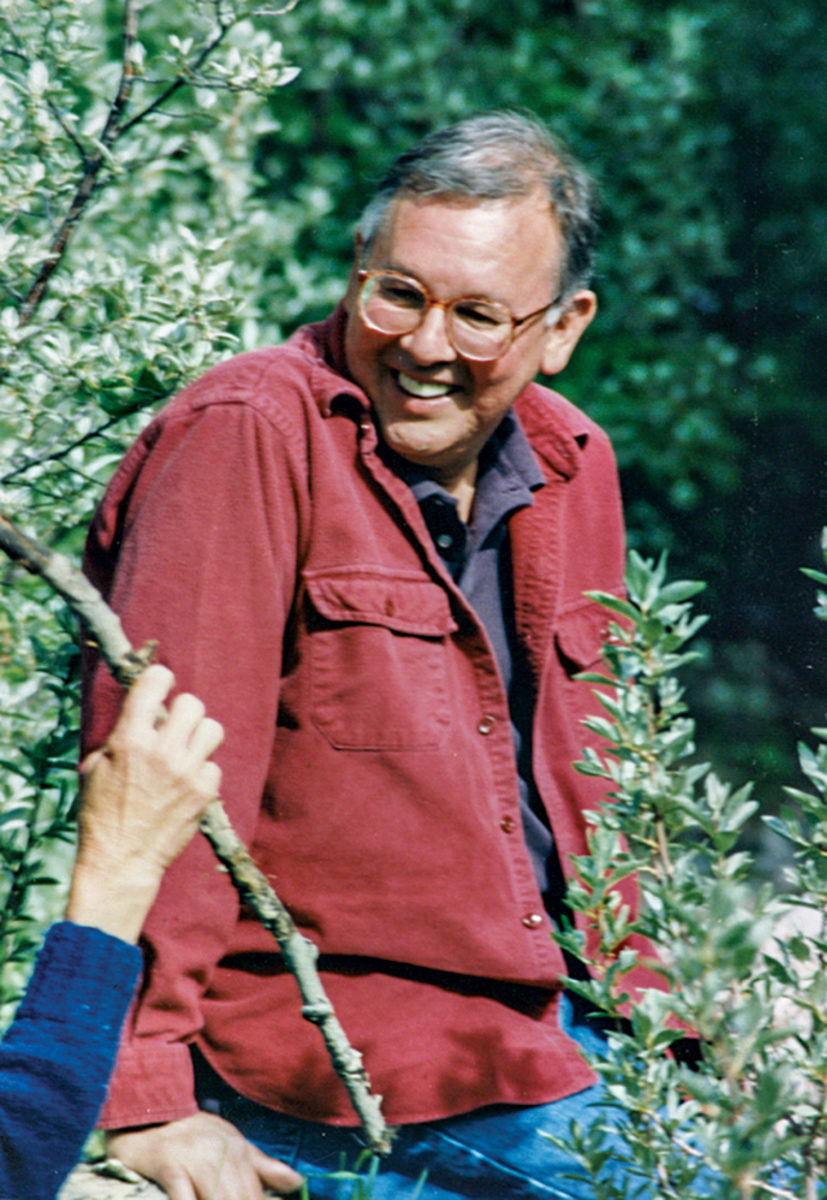Festival Will Bring Native Writers to Missoula, and Highlight the Work and Legacy of James Welch
Festival participants and speakers include Louise Erdrich, Tommy Orange, David Treuer, Brandon Hobson, Kelli Jo Ford, Sterling HolyWhiteMountain, Rebecca Roanhorse, David Heska Wanbli Weiden, Chris La Tray, Victor Charlo, and Lois Welch.
By Mike Kordenbrock
Lois Welch first heard about her future husband James Welch in the 1960s when the poet and creative writing professor Richard Hugo stepped into her office while she was a literature professor at the University of Montana.
Hugo held a copy of the first poem in which James Welch had drawn on his experiences as an Indian. The poem is called “In My First Hard Springtime,” and after Hugo finished reading it aloud he said “Jesus Christ,” before moving down the hall to find someone else to share it with.
The revelation, swearing, bewilderment and excitement are familiar experiences for some of James Welch’s readers even now nearly 20 years after his death.
There is no singular impulse that the writer Sterling HolyWhiteMountain points to in discussing his motivation for organizing the inaugural James Welch Native Lit Festival in Missoula, but his first encounter with the author, through the novel “Winter in the Blood,” left him questioning why he hadn’t read the Blackfeetand Gros Ventre novelist and poet before.
Bringing recognition to James Welch’s legacy is one thing that drove HolyWhiteMountain to begin envisioning the James Welch Native Lit Festival, which is set to take place in Missoula from July 28 through July 30. The free festival includes panels and talks which will take place at the Missoula Public Library and The Wilma theater.
HolyWhiteMountain grew up in East Glacier on the Blackfeet Indian Reservation and describes himself as an unrecognized member of the Blackfeet Nation. In addition to drawing attention to Welch’s work, he wants the festival to provide an opportunity to do away with what he sees as the oft-repeated scenario in which institutions, events, and Americans in general, decide “Let’s go get one Indian to speak for everybody.”
“I wanted to see what happens if we just put a bunch of Native writers together, and everybody has to listen to all of us talk at the same event,” HolyWhiteMountain said. “And what’s going to happen is people will start to get a much better sense of just how diverse Indian Country really is.”
HolyWhiteMountain also wants the festival to provide a setting in which younger Native artists can hear established writers discuss the unique problems Native writers deal with.
“How do you write what you know when no one knows anything about you or your culture or the place you come from, or the life you’ve lived or the lives of people around you that those people have lived?” HolyWhiteMountain said. “How do you write about that when 90-plus-percent of your readership has never had any experience that is going to help them understand at the level of detail what you’re doing?”
HolyWhiteMountain hopes the festival, which will have its events recorded and eventually posted online, can accelerate the development of younger Native artists who he said are primarily developing in “relative isolation.”
These problems echo what James Welch himself had to work through, according to his widow Lois Welch. James Welch was born in Browning in 1940 and spent time living on both the Blackfeet Reservation and the Fort Belknap Reservation. She said that his family had moved 10 times by the time he was 21, and that he had grown so used to trying to fit into new situations that he had grown adept at not attracting attention to himself.

“When Jim went off to the University of Montana there were four Indians on campus. How would you feel if there were only four people like you on campus?” she said of his arrival at the college in the 1960s. “Isolation is a real, actual thing when they look at you and say ‘Oh, you’re Indian. Do your people still live in a tipi? What’s it like on the Rez?’”
She added that those questions he fielded as a young man were questions he was still fielding decades later. “We had met people when we were together who said ‘Oh, I didn’t know there were Indians left.’”
Before his death in 2003 at the age of 62, Welch’s own relationship to his Indian heritage was still changing, and his understanding was constantly deepening, Lois Welch said.
His 1986 novel “Fools Crow” is among his most celebrated. It begins in 1870 as Montana remains a territory, and follows the Lone Eaters band of Blackfeet Indians as they live amid the growing specter of white settlement and colonization.
In an introduction to the novel, the writer and Montana resident Tom McGuane writes “the great insight of this book lies in its portrayal of people experiencing the unimaginable. All of us humans eventually experience the unimaginable, which by its nature can never be anticipated. We know only that it is coming.”
While “Fools Crow” won awards and praise, Welch’s readers are not in lockstep when it comes to choosing their favorite. The Missoula writer Chris La Tray, who is Metis and a member of the Little Shell Tribe of Chippewa Indians, points towards Welch’s tragic short novel “The Death of Jim Loney” as the one that remains closest to his heart.
“I think he’s able to capture the experience of a certain type of person in our culture, working class gets overused, but poor Native people living on the Hi-Line in Montana in the ‘70s are working class people,” La Tray said. “There are millions of us who live that way. Millions and millions of us. There are more of us who live that way, than who struggle with our marriages living in Manhattan.”
La Tray is among the group of people who have helped organize the festival, and he’ll also be featured on a panel. Another speaker at the festival is the Pulitzer Prize winning writer Louise Erdrich. Erdrich is a member of the Turtle Mountain Chippewa, Pembina Band, and in 2007 wrote an introduction to Welch’s novel “Winter in the Blood.”
In her introduction Erdrich argues out of the gate that the Pulitzer Prize in fiction that went unawarded in 1974 should have gone to Welch.

“’Winter in the Blood’ was and still is a central and inspiring text to a generation of western regional and Native American writers, including me,” she writes. “More than that, ‘Winter in the Blood’ is a quiet American masterwork.”
According to Erdrich, Welch had initially wanted to write a poem about the landscape of the Great Plains of Montana where his family had ranched and where he grew up “Part Blackfeet and Gros Ventre, and a little Irish.” The work that eventually emerged “moves between private memory, family story, and everyday action,” Erdrich writes. “Welch’s poem grew to encompass a wild drinking binge, bar conversation so accurately odd you feel you’re eavesdropping, the ache of grief, brutal tribal history, and the gradual understanding of an unknown bond of blood.”
HolyWhiteMountain said he first read it about a decade ago in the midst of a fellowship at the University of Wisconsin.
“I could not believe that I had never heard anybody talk…that there was not a widespread discussion about how good that book is. At that point I’d been writing and among writing circles for a long time,” he said.
That experience helped eventually put the idea of the festival in his head, and HolyWhiteMountain also mentioned how in conversations with other Native writers Welch seemed to be the most common reference point when they discussed Native writers who had influenced them.
“Non-Native readers do not hear that conversation. That’s just one that’s taken place between us, and I wanted to find a way to make that more public and more apparent,” he said.
Discussing her husband’s legacy, Lois Welch said her husband would have been thrilled at the success of the writers participating in the festival. She said she’s been delighted to learn how many writers he has influenced.
“That’s very important to me. It’s like that’s proof that his legacy is out there, and it wasn’t my flag to wave. It was his words that actually inspired them. And what writer can hope for better?”
A full list of participants and events can be found at https://www.jameswelchfestival.org/.
Festival events will be livestreamed on the Missoula Community Access Television Facebook page.